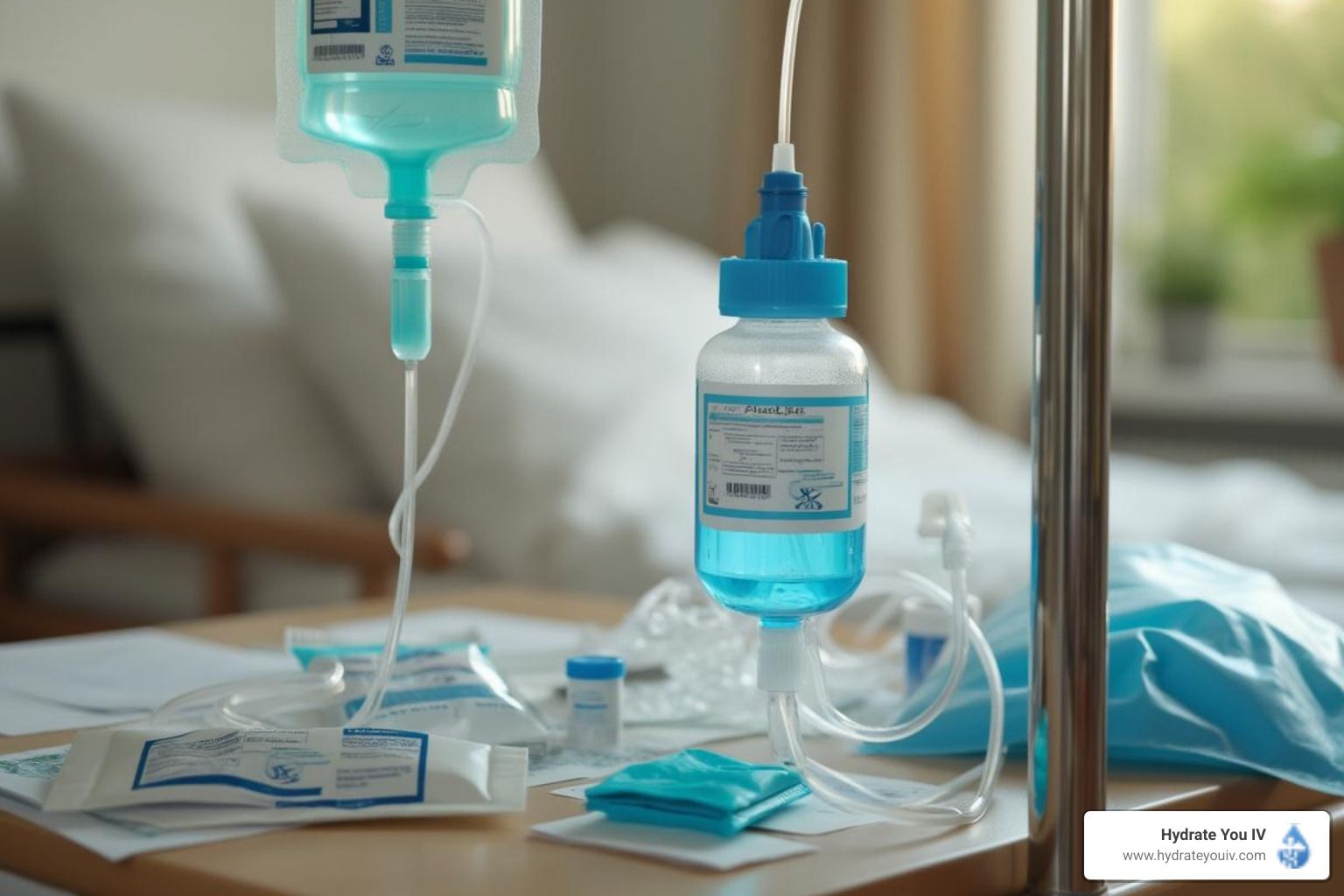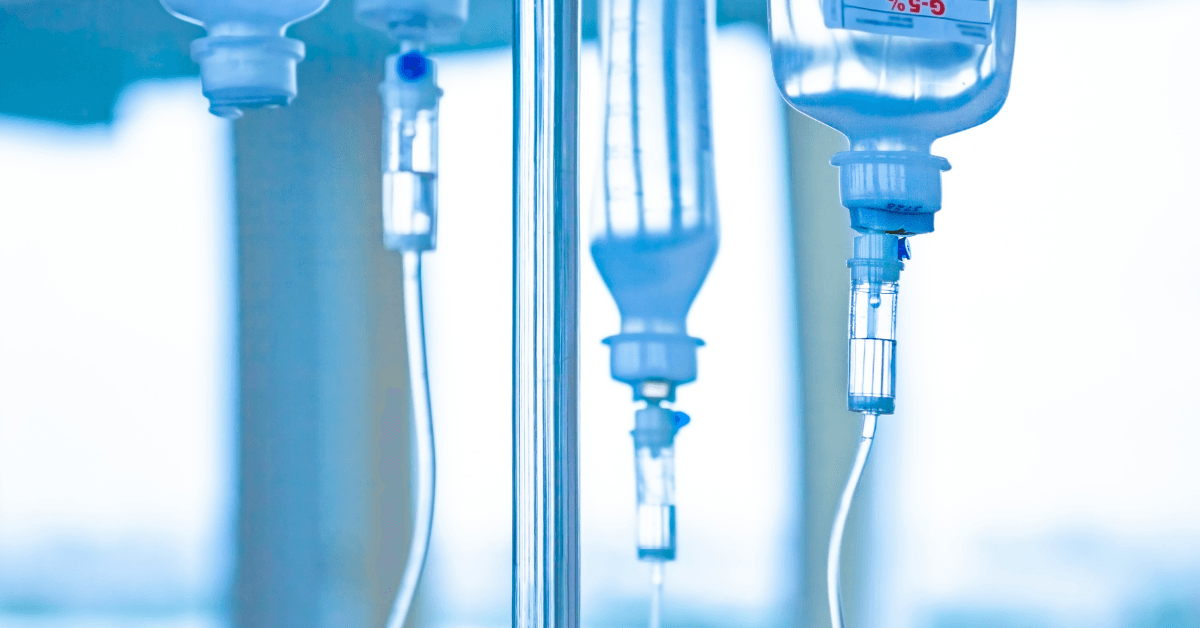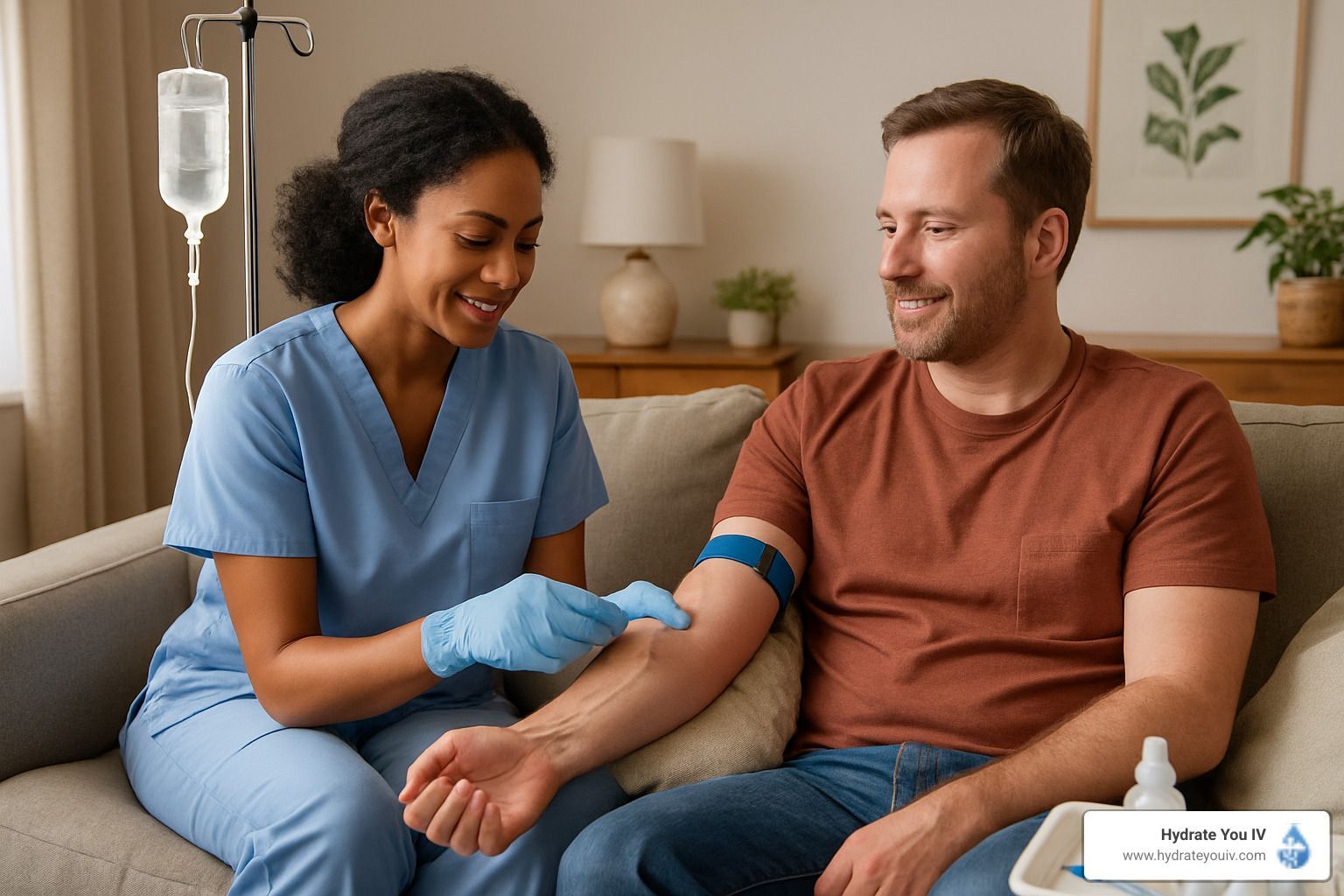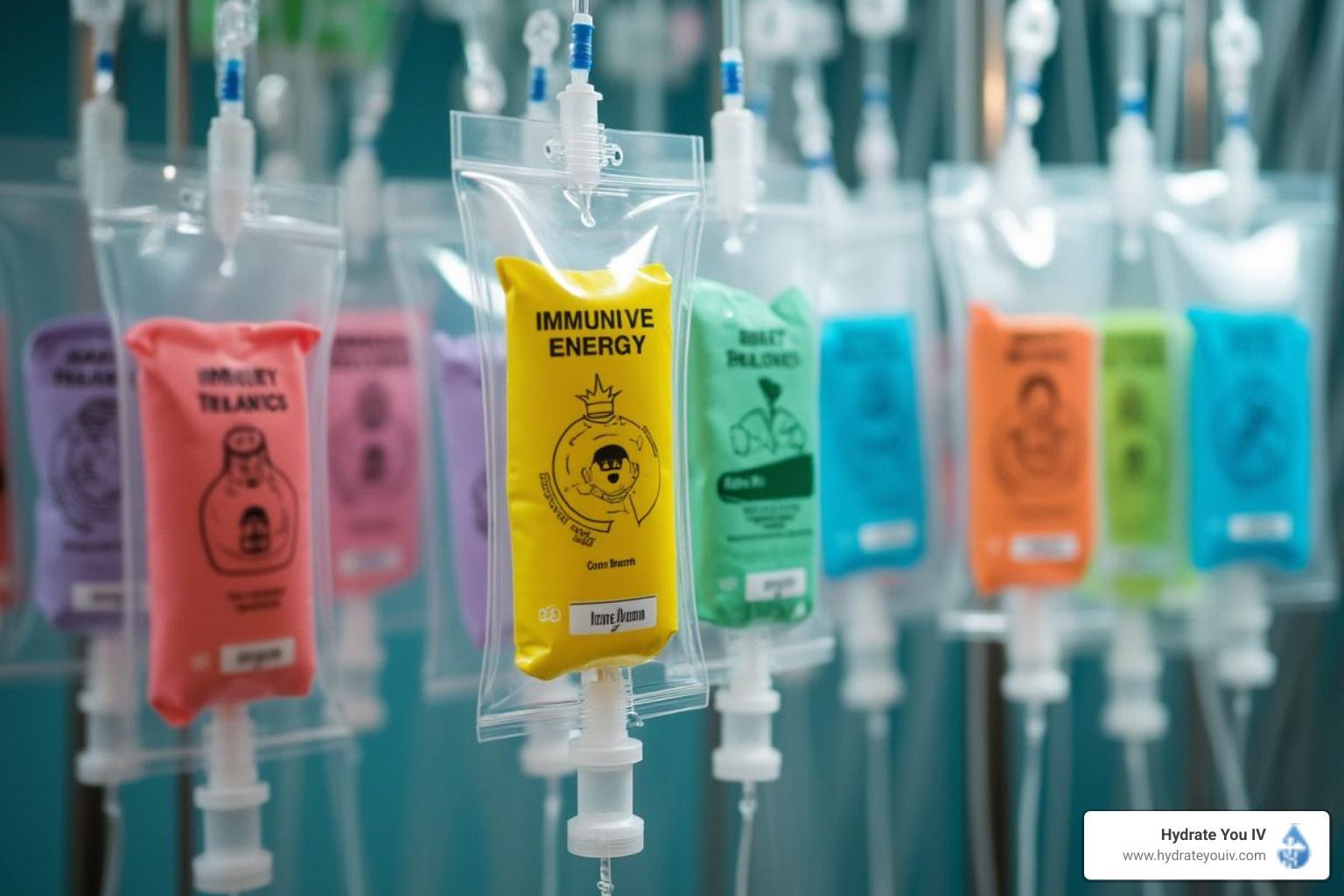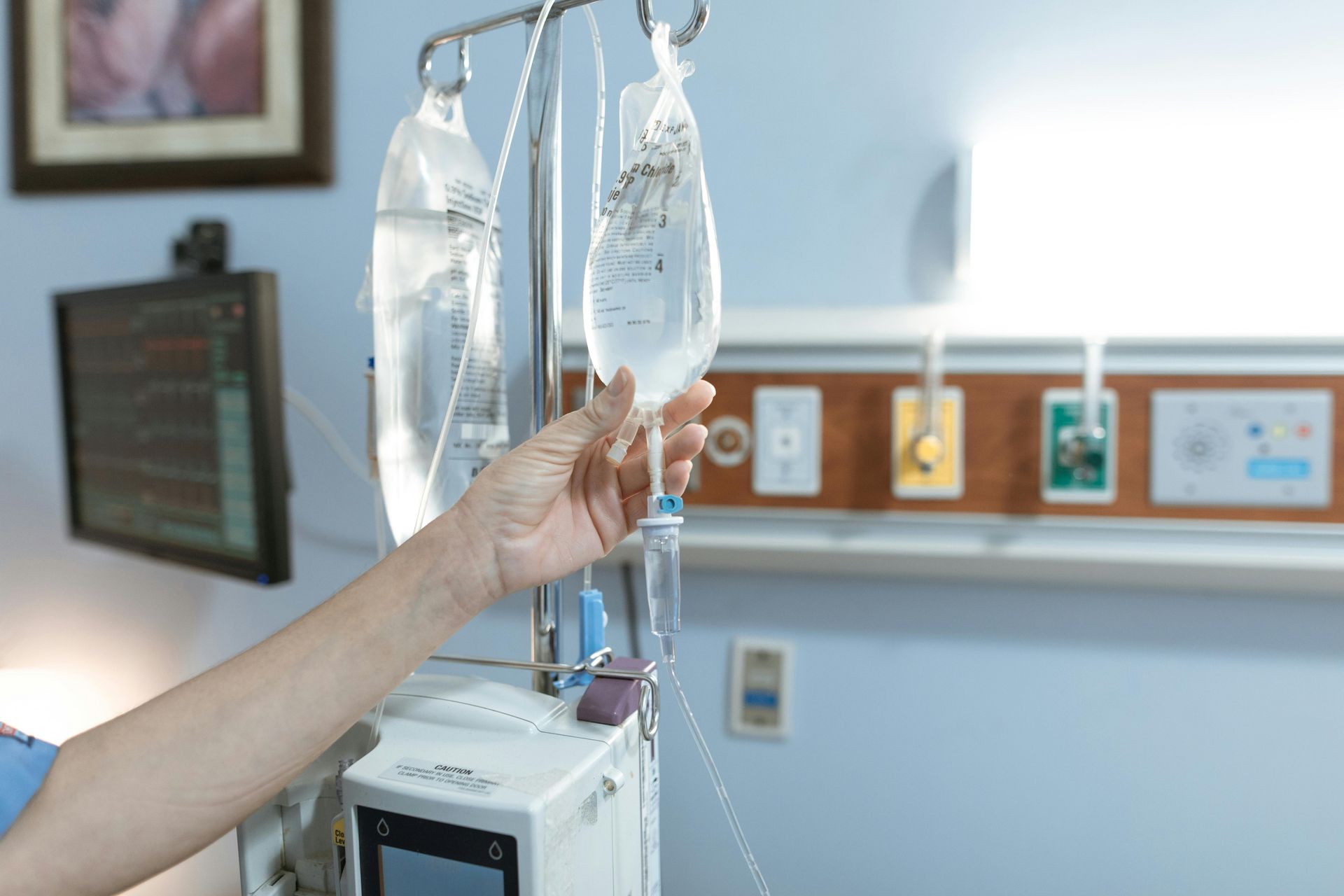Hangover Cure or Prevention? The Truth About IV Therapy for Social Gatherings
Hangover Cure or Prevention? The Truth About IV Therapy for Social Gatherings

IV therapy has emerged as a popular remedy for hangovers, especially following social gatherings where alcohol consumption is prevalent. This article dives deep into the science of hangovers, the role of IV therapy, and whether it indeed serves as an effective cure or prevention method.
Understanding Hangovers: Causes and Effects
The Science Behind Hangovers
A hangover is the body’s reaction to the over-consumption of alcohol, and it manifests a variety of unpleasant symptoms. These can include headaches, nausea, dizziness, fatigue, and sensitivity to light and sound. The severity of a hangover often depends on numerous factors, including the amount and type of alcohol consumed, individual tolerance levels, and hydration status.
The underlying science reveals that alcohol affects the body in complex ways. Ethanol, the active ingredient in alcoholic beverages, can lead to dehydration, which significantly contributes to hangover symptoms. Furthermore, during the metabolization of alcohol, toxic byproducts such as acetaldehyde are produced, which can worsen feelings of malaise. Studies have shown that the body's ability to process these toxins varies from person to person, influenced by genetics and overall health, making some individuals more susceptible to severe hangovers than others.
How Alcohol Affects the Body
Alcohol consumption triggers a series of physiological changes. For starters, it suppresses the production of the hormone vasopressin, which helps the kidneys manage water retention. This leads to increased urination, resulting in dehydration—a major player in hangover discomfort.
Additionally, alcohol irritates the stomach lining and increases acid production, contributing to nausea and gastrointestinal disturbances. The combination of these effects creates the recipe for a challenging next day, often leaving individuals seeking remedies to alleviate their suffering. Beyond these immediate effects, alcohol can also disrupt sleep patterns, leading to a lack of restorative sleep that compounds the feeling of fatigue and irritability the next day. This disruption occurs because alcohol may initially induce drowsiness, but as it metabolizes, it can lead to fragmented sleep and reduced REM cycles, which are crucial for cognitive function and emotional regulation.
IV Therapy: An Overview
What is IV Therapy?
IV therapy involves administering fluids, vitamins, and minerals directly into a patient’s bloodstream through an intravenous line. This method is often used in medical settings to treat dehydration, nutrient deficiencies, and various ailments more rapidly than oral methods, given that it bypasses the digestive system.
In recent years, IV therapy has gained traction as an off-label treatment for hangovers, with providers promoting it as a quick fix to replenish lost fluids and essential nutrients following a night of drinking. This trend has led to the emergence of specialized clinics offering IV drips tailored specifically for hangover recovery, often featuring blends of electrolytes, antioxidants, and anti-nausea medications to help alleviate symptoms swiftly.
The Process of IV Therapy
The process of receiving IV therapy typically begins with a consultation to assess the individual’s condition and needs. A healthcare professional will then insert a thin, sterile tube into a vein, allowing a tailored mix of fluids to enter the bloodstream. This infusion may contain saline, electrolytes, vitamins like B and C, and other beneficial compounds. The customization of the IV solution is particularly important, as different individuals may require varying levels of hydration and nutrients based on their lifestyle, health status, and specific deficiencies.
Typically, the session lasts anywhere from 30 minutes to an hour, during which the patient can relax and allow the hydration and nutrients to take effect. Many clinics provide a comfortable environment with reclining chairs, soothing music, and even entertainment options like movies or Wi-Fi, enhancing the overall experience. Patients often report feeling revitalized and more energetic post-treatment, which has contributed to the growing popularity of IV therapy not just for medical reasons, but also for wellness and recovery purposes among athletes and busy professionals alike.
IV Therapy as a Hangover Cure
The Role of Hydration
One of the primary benefits of IV therapy in hangover treatment is its ability to restore hydration levels quickly. Since dehydration is a major cause of hangover symptoms, IV fluids can effectively alleviate headaches and fatigue.
Saline solutions, rich in sodium and chloride, help draw water back into the bloodstream and rehydrate cells throughout the body, leading to a quicker recovery process.
Nutrient Replenishment and Detoxification
Along with hydration, IV therapy can offer a boost of essential nutrients depleted by alcohol consumption. Vitamins such as B1 (thiamine), B6, and Vitamin C can aid in detoxification processes and mitigate some of the oxidative stress caused by alcohol.
This replenishment may enhance the body's recovery abilities and help restore balance, providing a more comprehensive approach to alleviating hangover symptoms.
IV Therapy for Hangover Prevention
Pre-Party IV Therapy
IV therapy is not only being touted as a post-party solution but also as a pre-emptive measure. Many providers suggest that having a session of IV therapy before a social gathering can help prepare the body for alcohol consumption.
This proactive approach aims to ensure that the body is well-hydrated and fortified with nutrients, potentially minimizing the severity of a hangover the next day. However, results can vary depending on individual responses to both the therapy and alcohol.
The Role of Vitamins and Antioxidants
During pre-party IV therapy, regimens often include a rich blend of vitamins and antioxidants. These components can help enhance liver function and protect against alcohol's harmful effects, potentially lessening hangover symptoms.
This preventive strategy has gained popularity, with many seeking the therapy as a means to enjoy their social experiences without the burden of inevitable hangovers.
Safety and Effectiveness of IV Therapy for Hangovers
Potential Risks and Side Effects
Despite its many touted benefits, IV therapy is not without risks. Potential side effects can arise, including discomfort at the injection site, allergic reactions to ingredients, and, in rare cases, more severe complications such as vein inflammation or infections.
It is essential that individuals considering this form of treatment consult with a qualified healthcare professional to evaluate their health status and determine if IV therapy is suitable for them.
The Medical Perspective on IV Therapy for Hangovers
From a medical standpoint, while IV therapy may serve as an effective way to address dehydration and replenish vitamins and minerals, it is not a cure for alcohol intoxication or hangovers. Many healthcare professionals argue that the best remedy for hangovers is moderation and responsible drinking.
Ultimately, while IV therapy can provide relief, it should complement, not replace, healthy drinking habits and lifestyle choices. A thoughtful approach to alcohol consumption remains the best strategy to avoid hangovers altogether.
With its growing popularity, IV therapy for hangovers is certainly a compelling option for many party-goers. However, it is crucial for individuals to be informed about its limitations and to weigh the potential benefits against the associated risks.



